Polystyrene – Recycled-fibers 23-09-2022 - Arhive
Polystyrene – Recycled-fibers
Crude Oil Prices Trend

-AmSty, Encina sign offtake agreement for polystyrene feedstocks
The feedstocks agreement helps AmSty ensure its products designed for food packaging applications will contain at least 30 percent recycled content by 2030.
Americas Styrenics (AmSty), Houston, as signed a memorandum of understanding with The Woodlands, Texas-based Encina Development Group that enables AmSty to purchase up to 250,000 tons per year of circular feedstocks from Encina’s facilities. Encina produces circular materials using advanced recycling technology that works at the molecular level.
AmSty also has signed a formal long-term offtake agreement for the purchase of circular feedstocks from Encina’s first U.S. commercial plant in Point Township, Pennsylvania, which is expected to begin production in early 2025. These circular feedstocks will then be available for purchase as recycled-content credits, based on the International Sustainability and Carbon Certification (ISCC Plus) mass-balance system.
AmSty has committed to ensure that all its polystyrene (PS) products designed for food packaging applications will contain at least 30 percent recycled content by 2030, according to a news release from AmSty. Polystyrene – Recycled-fibers
“This new collaboration is vital to helping AmSty meet that goal and demonstrates our total commitment to a sustainable future across all of our market segments,” says Randy Pogue, AmSty president and CEO.?
Tim Barnette, vice president of polymers and sustainability at AmSty, says this new agreement with Encina allows companies across AmSty’s portfolio to offer recyclable, sustainable products.
“Now is the time for market leaders to join forces with us to commit to introducing circular polystyrene products at scale,” Barnette says. “We have been working diligently toward this moment and are now ready to move forward commercializing PolyRenew credits in a big way.” ????
Encina plans to continue to build commercial plants across the U.S. As the company continues to bring more facilities online, AmSty says it plans to enter into additional offtake agreements to purchase circular feedstocks from those facilities.
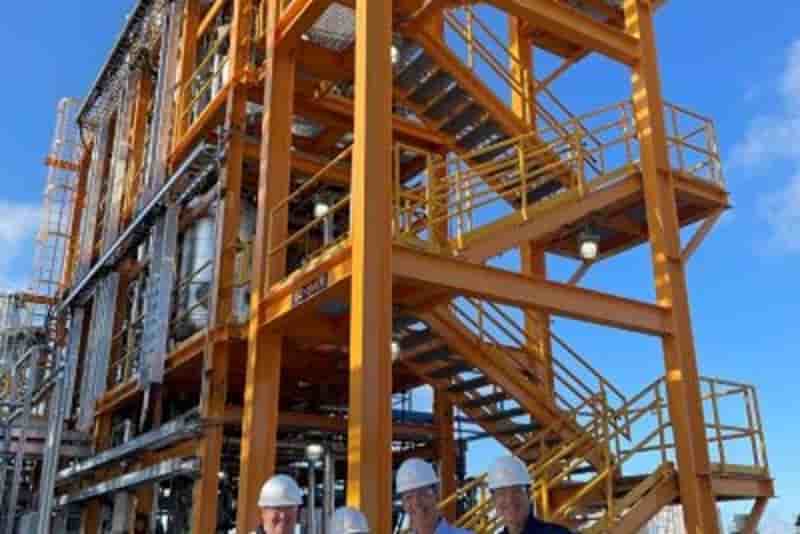
-SK chemicals works on development of high-quality fibers with recycled PET bottles
SK chemicals tied up with a state research body and a social enterprise to develop high-quality recycled fibers, as part of efforts to expand its green chemical business using eco-friendly materials, such as Skypet CR, which is based on chemically recycled polyethylene terephthalate (PET) bottles.
Using Skypet CR with excellent physical properties and eco-friendliness, the Korea Textile Development Institute (KTDI) will produce various threads. Art Impact, a social venture engaged in e-commerce and clothing manufacturing, will sell fabrics and use them for the production of clothes. Polystyrene – Recycled-fibers
“We hope that interest in recycled raw materials will increase thanks to growing environment-conscious value consumption,” Kim Hyun-suk, head of SK chemicals’ green chemical division, said in a statement on September 21.
The accumulation of plastic waste has become a serious global problem. PET is the most common thermoplastic polymer resin used in the creation of fabrics and plastic bottles. Recycled PET bottles have been used to manufacture clothes, bags and shoes. Chemical recycling breaks down and returns plastic to its pure, raw material form. It is an attractive way to address the explosive growth of plastic waste and disposal problems.
SK chemicals has established a green business platform for a recycled plastic circulation ecosystem that connects producers, partners, and brands online.
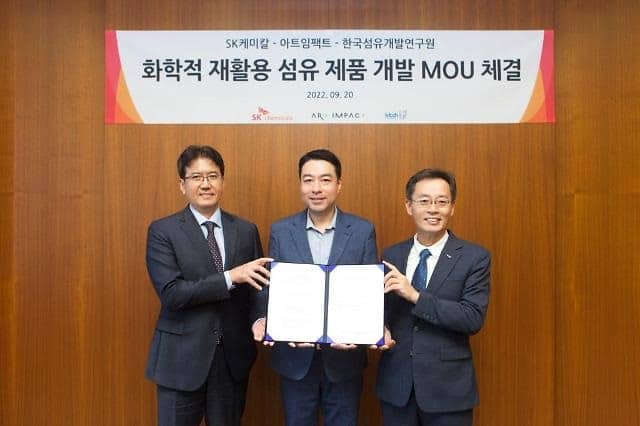
-ISWA 2022: Circles for a thirsty planet
Technology provider Tomra says a combination of policies and techniques can lead to more plastic bottle-to-bottle recycling.
Europe-based recycling technology provider Tomra says it has had a front-row seat to view what works when it comes to turning plastic packaging into a circular material, and the company has increasingly been willing to share what it says it has learned.
At the 2022 International Solid Waste Association (ISWA) convention, held in Singapore in September, Jakob Rognhaug of Tomra presented an overview of the technology vendor’s findings, telling convention attendees, “We can make a serious contribution” when it comes to establishing a pollution-free, low-carbon packaging sector.
Rognhaug cited deposit-return schemes or systems (DRS) as a vital first step toward diverting polyethylene terephthalate (PET) and other bottles into a high-grade recycling loop. Currently, he said, only about 2 percent of PET bottles globally head into such bottle-to-bottle close loops. Polystyrene – Recycled-fibers
Tomra has as its goal, said Rognhaug, a 30 percent rate by 2030.
Attempts to boost PET bottle recycling without DRS have “proven to be a failure,” said Rognhaug. Systems that require a deposit payment that is returned when recycling collection occurs “incentivizes the [household] consumer” he added.
Rognhaug said Tomra has found that source-separated collection of materials helps provide the cleaner material streams demanded by paper mills and metals melt shops, but it may not be as necessary in the plastics sector. Recycling program operators have found that asking people to place their plastic into too many separate bins may result in less overall plastic collection.
Thus, Tomra has been advocating setting up dry municipal solid waste (MSW) mixed materials sorting plants, and the company says it has helped devise such facilities, including two in Norway where Tomra is based.
In the Norwegian waste districts with these plants, said Rognhaug, some 70 to 90 percent of all plastic is being recovered for recycling. Additionally, the facilities are recovering paper, board and metal that was not initially properly placed into source-separated bins. “Mixed waste sorting is proven,” stated Rognhaug.
Although advocates of chemical or pyrolysis recycling processes have adopted the term “advanced recycling,” Rognhaug proposed that the type of systems that included DRS, mixed waste sorting and eventual bottle-to-bottle closed loop recycling can be referred to as “advanced mechanical recycling.” Polystyrene – Recycled-fibers
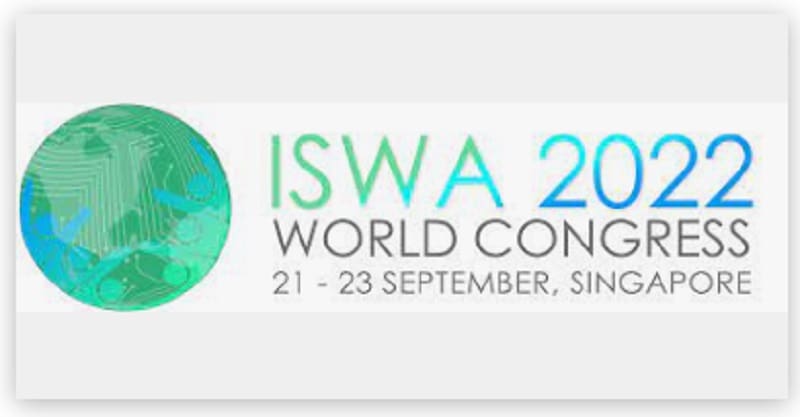
-Resin Price Report: Producer Efforts to Reduce PE Output Start to Bear Fruit
Overall polyethylene (PE) inventory levels receded following the August action and prices have held steady.
Spot resin trading continued to improve last week, driven by late railcars requiring quick truckloads and processors restocking. Also a factor was solid reseller buying fueled by mismatched supply and demand, as some producers restricted spot sales at favorable pricing while others still had material to move and were willing to deal. Then on Sept. 15, market participants breathed a collective sigh of relief as railroads and unions reached a tentative agreement, averting a rail strike.
PP resin prices drop
Polyethylene (PE) prices held steady the week of Sept. 12, as producers maintained their more passive selling stance amid reduced production in an effort to rebalance supply/demand and regain pricing power, reports the PlasticsExchange in its Market Update. Polypropylene (PP) prices, on the other hand, dropped a hefty $0.04/lb, caused by falling feedstock costs, a steady to heavy flow of off-grade railcars, slack demand, and excess supply. Polystyrene – Recycled-fibers
Industry data released during the week showed producer efforts to reduce PE stockpiles were starting to pay off. Overall inventory levels came down for August, with the exception of linear-low-density (LLD) PE. Total PE exports were among the highest ever, reaching nearly 1.9 billion pounds. PP, however, showed another surprise build in inventories, which have swelled to near record levels. There is just too much PP production, comments the PlasticsExchange in its report. “Given market conditions, [it] seems rather silly to run reactors so hard these past two months, as production margins rapidly erode,” writes the Chicago-based resin clearinghouse. The glut will only worsen in the coming months, as more PE and PP capacity comes online.
PE producers pursue September price increase
Nevertheless, PE producers remain steadfast in pursuing an increase for September, which many see as a precaution in case there are major disruptions during the height of hurricane season. One major producer lowered its proposed September increase from $0.06/lb down to a nickel. A second major producer still has a combined $0.10/lb increase on the table over the next two months.
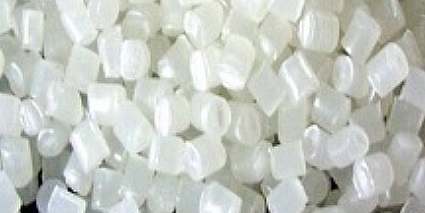
-Billion Industrial Holdings to build PET plant in Vietnam
China’s Billion Industrial Holdings to build PET plant in Vietnam, said the company.
The Further Investment will include purchase of land of a gross floor area of approximately 200,000 square meters, purchase of equipment for manufacturing of polyester bottle chips, and construction of new factory with a total construction area of approximately 14,000 square meters with an expected annual production capacity of approximately 300,000 tons. Polystyrene – Recycled-fibers
The Company expect that the new manufacturing facilities for the polyester bottle chips production business will be put into commercial production gradually from June 2023.
As of the date of this announcement, the Group has not entered into any legally binding agreement in relation to the Further Investment. The Company will make further announcement(s) and will comply with the applicable provisions under the Listing Rules in relation to the Further Investment if and when appropriate.
The Board considers that the development of a new polyester bottle chips production facility in Vietnam will benefit the Group and generate good financial returns, primarily because (i) Vietnam’s advantageous location in the region provides convenient conditions for procurement and transportation of raw and auxiliary materials; (ii) a huge market space exists in neighbouring markets; and (iii) the polyester bottle chips markets are expanding and the Group may capture the growing market demand through the Further Investment.
We remind, Koch Technology Solutions (KTS), a Koch Engineered Solutions company, and Ioniqa Technologies announced a partnership to scale up and commercialize Ioniqa’s advanced Polyethylene Terephthalate (PET) recycle technology in the plastics industry. As part of this collaboration, KTS has committed to invest up to €30 MM in Ioniqa. Ioniqa has developed an innovative process that utilizes low-grade post-consumer PET to infinitely produce a feedstock that displaces virgin raw materials used in the production of polyester products.
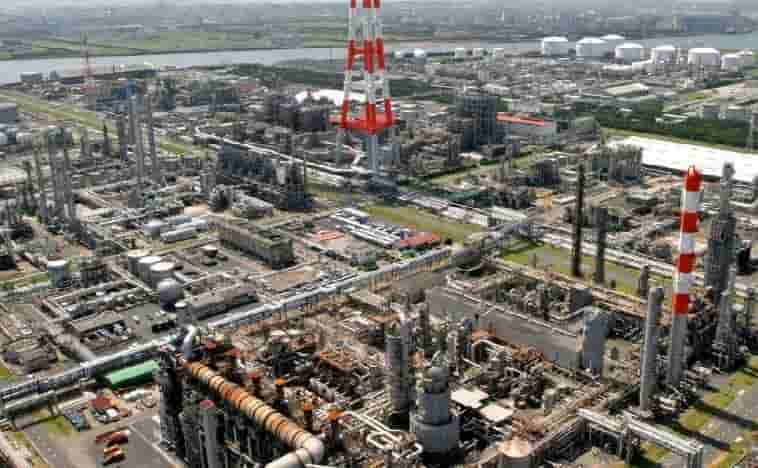
-PCG and ExxonMobil to collaborate on plastic recycling in Malaysia
PETRONAS Chemicals Group Berhad (PCG), the petrochemical arm of PETRONAS, and ExxonMobil have signed a memorandum of understanding to assess the potential for large-scale implementation of advanced plastic recycling technology to help create a circular economy for plastics in Malaysia, said the company.
The companies will also evaluate opportunities to support improvements to plastic waste collection and sorting in the country. Representing PCG at the signing was Ir. Mohd Yusri, Managing Director/Chief Executive Officer, and for ExxonMobil, Dave Andrew, Vice President of new market development. Polystyrene – Recycled-fibers
“PCG has been continuously exploring and implementing innovative technologies to develop sustainable solutions demanded by its customers,” said Ir. Mohd Yusri. “This collaboration is yet another significant step towards the transition into a circular economy on the back of increased demand for circular products and signifies our commitment to use recycled raw materials in the chemical industry.”
“Advanced recycling plays an important role in meeting the growing demand for circular products, while helping to address the challenge of plastic waste,” said Andrew. “Leveraging new technologies and the expertise of both of our organizations, we hope to accelerate a more circular economy for plastics in the region.”
The agreement builds on a long-standing relationship between ExxonMobil and PETRONAS that has seen multiple successful collaborations and business ventures in Malaysia and abroad.
PCG is committed to accelerating the region’s transition to a more circular economy for plastics. The company is currently conducting several feasibility studies on plastics recycling. In 2019, PCG signed an agreement with Plastic Energy to convert end-of-life plastics using a pyrolysis process, and the facility is on track to be operational by 2025. In addition, PCG is collaborating with waste management companies to unlock the value within the solid waste ecosystem in Malaysia. These collaborations will help to divert plastic waste from landfills and create an ecosystem that is conducive to the transition to a circular economy.
To enhance awareness of proper management of plastic waste in Malaysia, PCG also developed an education module titled “Plastic, Sustainability & You” that is distributed to schools nationwide. The module was developed in collaboration with The Ministry of Education, Solid Waste Management and Public Cleansing Corporation and Malaysian Plastics Manufacturers Association. Using the content from this module, PCG conducted webinar sessions and has successfully reached more than 130,000 people in Malaysia.
ExxonMobil plans to build approximately 500,000 metric tons of advanced recycling capacity at its integrated manufacturing facilities around the world by year-end 2026. At its proprietary Exxtend technology at its advanced recycling facility in Baytown, Texas, ExxonMobil has processed more than 5,000 metric tons of plastic waste since the facility started up in 2021, and is on track to complete large-scale expansion of the facility later this year. The company is assessing additional sites for advanced recycling in the U.S., Canada, Europe and Singapore, and collaborating with Plastic Energy to build an advanced recycling plant in France. Polystyrene – Recycled-fibers
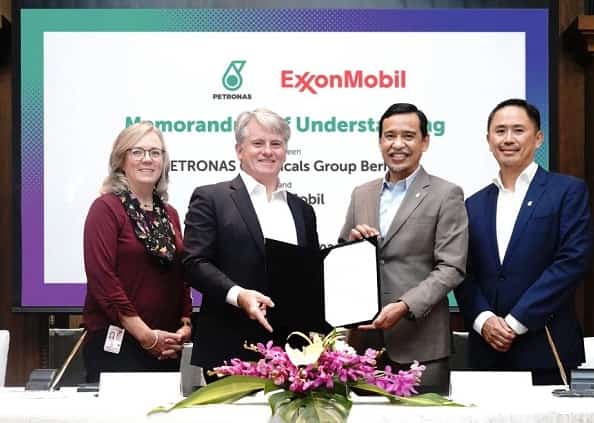
Since China decided not to be the world’s trash can anymore and to ban the import of plastic waste in 2018, Turkey has become the first destination for waste from the European Union (EU). In 2020 and 2021, it received around half of the plastic waste that the Twenty-Seven do not process on their own territory. Between 2016 and 2020, imports jumped by more than 1,200% to now reach around 450,000 tonnes per year.
The non-governmental organization (NGO) Human Rights Watch (HRW) has investigated the health and environmental consequences of this plastic recycling boom in Turkey, a country which is already struggling to absorb its own waste, estimated at around 5 million tonnes per year. year. “It’s as if they were poisoning us” : in a report published Wednesday, September 21, HRW is sounding the alarm. Respiratory problems, severe headaches, skin diseases, lack of protective equipment, limited or non-existent access to medical treatment, child labor… Throughout the 88 pages, the NGO draws up a catastrophic inventory. It concerns both local residents and workers in these recycling facilities, who are often recruited from among the most precarious populations (refugees, irregular migrants). Polystyrene – Recycled-fibers
Read also: Plastic waste is expected to continue to rise by 2060, even if stringent measures are taken, warns the OECD
According to data from the Turkish Ministry of Environment, Turkey has more than 1,800 recycling facilities across the country. HRW conducted its investigations in Istanbul (12% of installations) and Adana (9%). A southern city of 2 million inhabitants, Adana is the capital of plastic recycling. Located near the port of Mersin, on the Mediterranean, this is where nearly half of the imports of this type of waste land.
Recycling involves several steps. The vast majority of plastic is collected by an army of “collectors”, estimated at 500,000 people, who criss-cross the streets of the country on foot or by bicycle. The waste is then crushed, washed, melted at high temperature, then transformed into pellets. This transformation process is the source of the emission of many toxic pollutants. Some facilities visited by HRW were obviously not suitable.
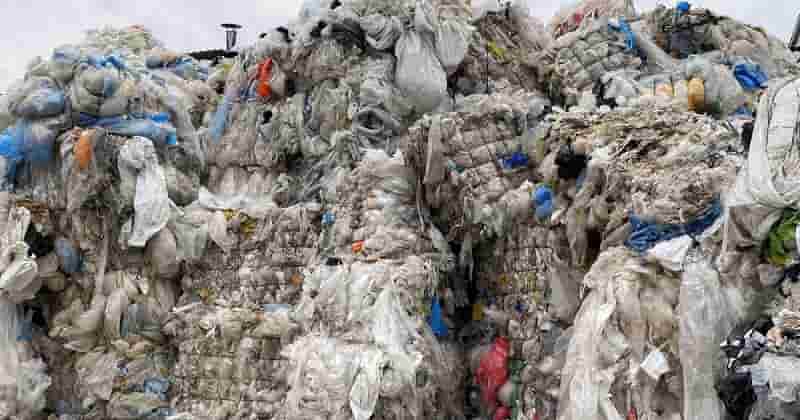
-Pocan E: new PBT product range from LANXESS with outstanding tracking resistance
- Ideal for compact electrical and electronic assemblies
- A wealth of opportunities for use in electric vehicles
- Highest insulation class
- Excellent hydrolysis stability, flame-retardant properties, flowability, and toughness
Specialty chemicals company LANXESS has developed new polybutylene terephthalate (PBT) compounds for use in electrical and electronic assemblies. Under the name Pocan E, the company is now offering a product range comprising short-glass-fiber-reinforced grades that are especially suited to applications in e-mobility and the electrical/electronics (E/E) industry thanks to their tracking resistance and insulation properties.
With their tracking resistance, the new compounds score the best possible rating of 600 in the CTI A test (Comparative Tracking Index – IEC 60112) and therefore meet the requirements of the highest insulation class according to IEC 60664-1. “Previously, glass-fiber-reinforced PBT compounds with such high tracking resistance were not readily available on the market. Polystyrene – Recycled-fibers
We have now closed that gap. We have also succeeded in providing the materials with further advantages such as optimized mechanical properties as well as excellent flowability, hydrolysis resistance, and flame-retardant properties. In addition, they are highly suitable for coloring – orange, for example,” explains Dr. Claudia Schmid-Daehling, who shares the responsibility for PBT product development at LANXESS. High suitability for coloring is important for various safety-relevant components such as high-voltage connectors that must be clearly color-coded.
Tracking-resistant even above 600 volts
Plastic parts for electrical and electronic components must increasingly be more resistant to undesirable creepage currents. Reasons for this include the strong currents and high voltages in electric vehicles, the trend toward miniaturized device components, and the ever-decreasing distances between metal contacts in connectors and terminals.
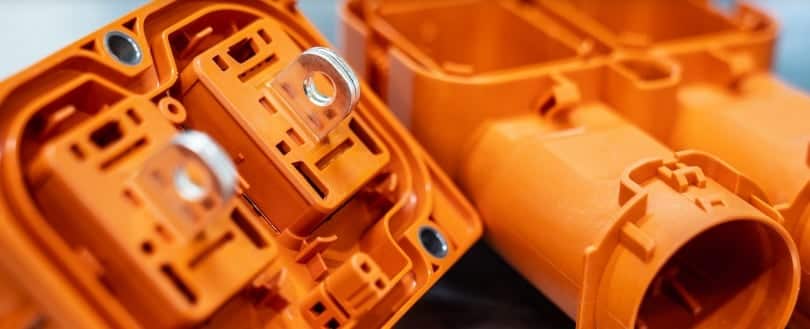
Polystyrene – Recycled-fibers
